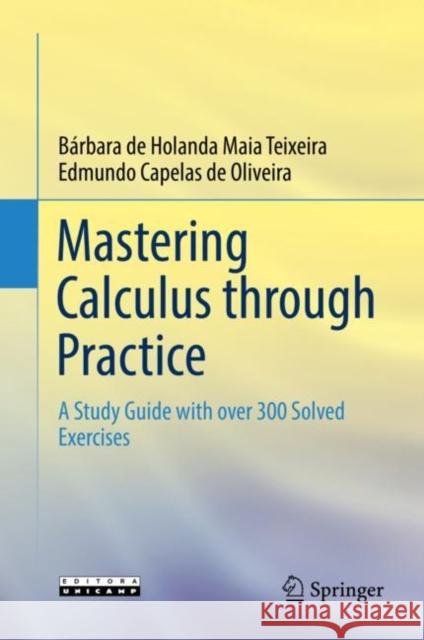Mastering Calculus Through Practice: A Study Guide with Over 300 Solved Exercises » książka
topmenu
Mastering Calculus Through Practice: A Study Guide with Over 300 Solved Exercises
ISBN-13: 9783030833398 / Angielski / Twarda / 2021
Mastering Calculus Through Practice: A Study Guide with Over 300 Solved Exercises
ISBN-13: 9783030833398 / Angielski / Twarda / 2021
cena 261,63
(netto: 249,17 VAT: 5%)
Najniższa cena z 30 dni: 250,57
(netto: 249,17 VAT: 5%)
Najniższa cena z 30 dni: 250,57
Termin realizacji zamówienia:
ok. 16-18 dni roboczych.
ok. 16-18 dni roboczych.
Darmowa dostawa!
Kategorie:
Kategorie BISAC:
Wydawca:
Springer
Język:
Angielski
ISBN-13:
9783030833398
Rok wydania:
2021
Wydanie:
2021
Waga:
0.72 kg
Wymiary:
24.13 x 20.32 x 1.78
Oprawa:
Twarda
Wolumenów:
01











